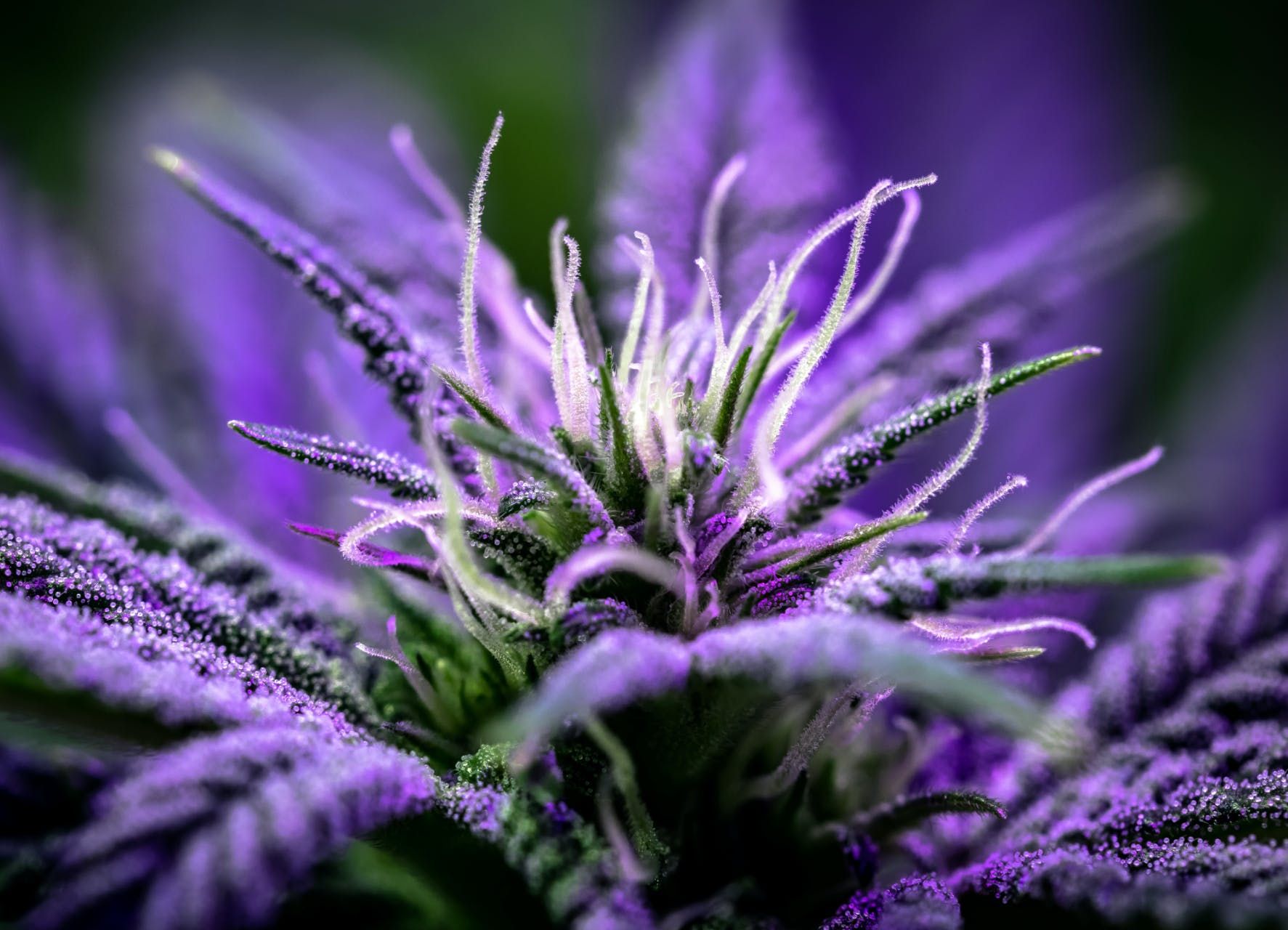A majority of U.S. states now allow legal cannabis consumption for at least some medical conditions. But a few others, and the District of Columbia, have also legalized cannabis for purely recreational purposes—no medical authorization required.
Whether you’re consuming cannabis to enhance a pleasant evening with friends or to relieve the symptoms of a serious health condition, cannabis is a versatile plant with potent benefits for health and well-being.
FOLLOW US ON FACEBOOK & INSTAGRAM
Medical and adult-use cannabis products are similar. They’re all made from cannabis after all, and you can consume them in the same ways, such as smoking, vaping or eating.
But there are also important differences between recreational and medical marijuana regarding their:
- Content
- Processing
- Availability
Here’s a look at the differences between medical and recreational cannabis, and how these products are sold.
The State of Cannabis Today in the U.S.
Although cannabis has a long history of medicinal uses, most people know it as a recreational drug—and one that’s illegal at that. Marijuana has been a favorite of teens and adults alike, thanks to its ability to provide relaxation and a euphoric high.
But antidrug campaigns have targeted it as a gateway drug that could lead to abuse and addiction. The federal government continues to include it in the list of Schedule 1 drugs of the most dangerous type, right alongside heroin and LSD.
But a growing body of research has revealed another side to the cannabis plant: It contains more than 100 separate compounds and terpenes, and many of them have documented benefits for relieving the symptoms of a variety of health conditions.
Cannabis compounds, particularly the abundant compounds cannabidiol (CBD) and tetrahydrocannabinol (THC), can work with the body’s own system of cannabinoid receptors, called the endocannabinoid system (ECS), to activate and regulate many processes related to:
- Mood
- Pain control
- Immunity
For many people, cannabis is good medicine. But getting access to it can be a problem, thanks to that federal Schedule 1 designation.
Now, though, more and more states have taken matters into their own hands. There are laws that establish at least some options for people with documented health conditions to get access to cannabis for medical purposes only.
And still other states have opted to fully legalize cannabis not only for medicine, but also for fun. This means that in those states, people can buy both medical and recreational cannabis, often from the same dispensary.
Recreational Cannabis: High THC, Low or No CBD & Fewer Restrictions
For many years, adult-use cannabis was simply any cannabis you’d buy from a friend or a street dealer. It was illegal, and you couldn’t always be sure what it really contained.
But now, in places where adult-use marijuana is legal, cannabis is sold in dispensaries. There, consumers can choose from a number of carefully cultivated cannabis strains that promise different kinds of experiences. Most of these are bred to have a high THC content, the compound that causes cannabis consumers to feel high.
In these states, anyone over the age of 21 can buy cannabis, but customers must be able to show a valid ID. Most dispensaries offer a range of cannabis products to consume in various ways, such as:
- Cannabis flower for smoking
- Marijuana edibles for eating
- Concentrates or oils for vaping
Medicinal Cannabis: High CBD, High THC & Higher Quality
In states where cannabis is legal for medical purposes, consumers need a medical card or other documentation from a doctor in order to purchase cannabis products.
But not every health condition is eligible for medical cannabis in every state. Each state has its own list of qualifying conditions, but a few well-documented health problems are on just about everyone’s list:
- PTSD : A number of studies have shown that cannabis can relieve many symptoms of PTSD, such as anxiety and insomnia.
- Epilepsy: Cannabis has documented abilities to reduce seizures and relieve other symptoms of many types of epilepsy, even the most treatment-resistant varieties.
- Cancer and issues related to cancer treatments: Cannabis can help relieve pain, loss of appetite and nausea associated with cancer and chemotherapy treatments.
- Neurodegenerative diseases: Research confirms that cannabis can be neuroprotective, which makes it useful for managing symptoms of diseases like multiple sclerosis and Parkinson’s disease.
- Pain: Cannabis activates endocannabinoid receptors involved in pain signaling, so it can help people with a variety of chronic pain conditions, such as fibromyalgia and arthritis.
RELATED: 3 POPULAR QUESTIONS ABOUT CBD & CHRONIC PAIN ANSWERED
Medical cannabis products typically include all of the usual options for consuming cannabis:
- Whole plant preparations
- Edibles
- Tinctures (oils)
- Topicals
Cannabis strains that are intended for recreational consumption typically have high levels of THC relative to other cannabis compounds. Medical cannabis can have high THC levels, too. But cannabis that’s produced specifically for medical purposes is also high in CBD—a compound that doesn’t make consumers feel high like THC can. It’s also possible to buy medical cannabis products that contain only CBD or that have higher levels of CBD than THC.
Because medical cannabis is intended for therapeutic purposes, it generally undergoes more rigorous testing for purity and potency than recreational cannabis does. It’s usually grown indoors under more controlled conditions, too.
Buying Medical & Recreational Cannabis
Medical cannabis is sold through dispensaries, where patients meet individually with staff to find the right products and complete purchases. Medical authorizations are usually kept on file to satisfy state laws and regulations.
In states where both medical and recreational cannabis are legal, dispensaries may serve both kinds of customers, with one line or waiting area for medical marijuana patients and another for recreational buyers. Recreational customers can also buy products at adult-only stores that cater only to them.
Cannabis dispensary staff are called budtenders. Whether you’re a responsible adult looking for the best recreational products, or a medical patient with a specific health concern, budtenders can answer questions and guide you to products that meet your needs.
Budtenders should be able to explain the effects of various products and strains and suggest the right products for every customer’s recreational or medical needs, though they aren’t trained medical professionals.
The line between the medical and recreational applications of cannabis can easily blur. But whether you’re looking for a way to relax or relief from the symptoms of a health condition, there’s a cannabis product for that.
Photo credit: TayHamPhotography/Shutterstock.com
If you’re new to cannabis and want to learn more, take a look at our Cannabis 101 index of articles. And if you have questions about cannabis, ask them and our community will answer.






